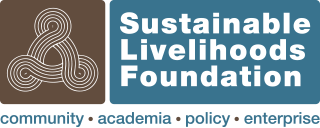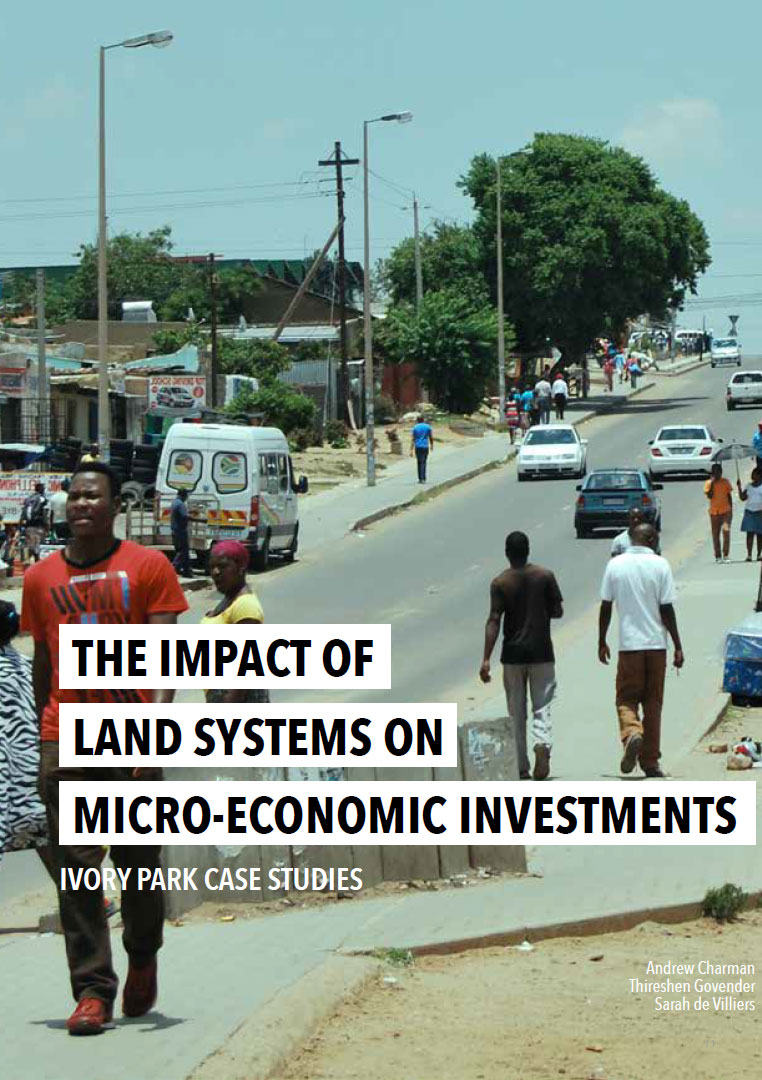This report provides detailed evidence to support the case for land system reform. The aim is to investigate land related enterprise constraints in specific case contexts that nevertheless reflect a wider reality. The 11 case studies provide evidence of the various ways in which informal land use presents an opportunity for developing businesses, but simultaneously poses a substantial constraint for those enterprises that seek to formalise.
From the perspective of opportunity, the report argues that informal land use systems enable residents and microentrepreneurs to realise their ‘rights’ for residency and economic opportunities in post-apartheid cities. The cases provide examples of how, under conditions of secure tenure, land use has been optimised. Where tenure is insecure, in contrast, land has been sub-optimally utilised, though the manner of land use still conveys an expression of ‘rights’ to land and economic opportunities. Settlement pressure has necessitated that Ivory Park (and similar townships) densifies and diversifies to accommodate a range of land uses for residential, businesses, cultural and recreation purposes.

